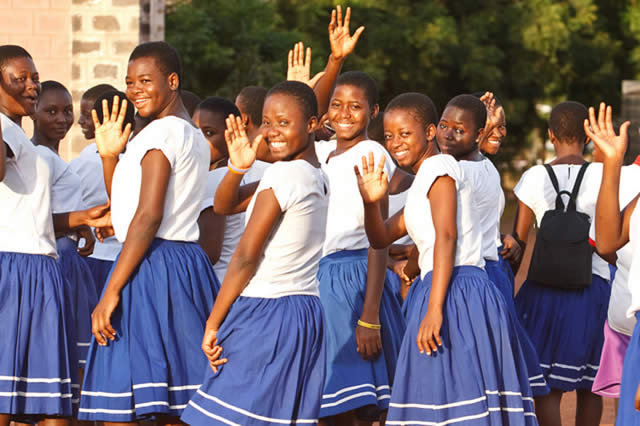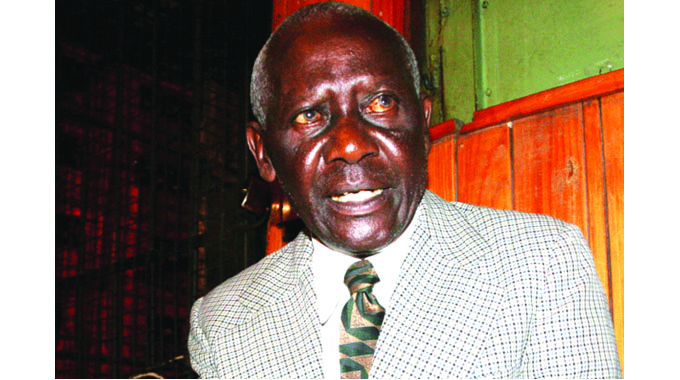Do adolescent girls’ issues really matter?

Angela Machonesa Correspondent
ADOLESCENT girls face many obstacles to the realisation of their rights. They are routinely disadvantaged in most aspects of life. Their labour, sexuality and ultimately their future are exploited in the general struggle for economic survival where they are often overworked, unprotected and at risk. Their education is frequently curtailed while their health is neglected.
With few opportunities to participate, and even less spaces to develop their talents, girls’ voices are stifled.
Girls have remained on the margins of development efforts, partly as a result of the lack of available data on their specific situation – although weakness of data is a consequence as well as a cause of political inaction. As Judith Bruce from the Population Council puts it, “the fact is that from their last immunisation until the birth of their first child, adolescent girls have been off screen when it comes to development practice”.
Plan International recently spoke directly with over 7 000 adolescent girls and boys between the ages of 12 and 16 in 11 countries across four regions, Zimbabwe included.
The results showed that thousands of girls are constantly limited by gender prejudice, sexual violence and abuse and other gender-based constraints that stunt their empowerment and lives.
While these findings are not new, we can’t ignore now the level of violation, as the results bring thousands of daily lived realities into vivid colour. The plight of girls can only truly improve when everyone in society values girls as much as boys.
In a recent report entitled “Hear Our Voices” one of the largest studies of adolescent girls’ rights of its kind produced by Plan International, more than 7 000 young people – the majority of them girls – claim they are embarrassed and ashamed to express the everyday injustices and threats of sexual violence they face through blackmailing and intimidation most of which they can never tell.
Recently, I came across a now almost ‘acceptable norm’ about a boy who took a photo of a girl without her consent on the way to school.
Then he attached his photo to hers and started threatening her saying that, if she didn’t agree to have an affair with him then he would show that photo to her family and tell a false story of their relationship. Although not willing, still she had to get involved with him.
Most girls claim that they are embarrassed to speak in front of men, ashamed of their problems – which include sexual harassment, rape, sexual and economic exploitation and forced marriage – and lacking the confidence to stand up for themselves.
“Girls want to have more self-confidence, to not feel afraid or ashamed to express their feeling and needs,” says one girl from Mutare.
“Unfortunately, I can’t talk in front of men or in front of anyone, even in front of my siblings. I feel that I will be embarrassed by anything I say, so I don’t speak at all,” she adds.
There is much work to be done to ensure that adolescent girls live in a world that supports them to fulfil their potential. While there are important variations across regions, adolescent girls in all countries essentially do not see themselves as having rights.
Most girls are not aware of their power and rights to make decisions about their own lives. People around them in society consistently reinforce and recreate this perception, as a result of established – and often unexamined – ideas about what it means to be a “good girl” and to prepare to be a “good woman”.
We recognise that this requires urgent action to address long-term change, in ways that are rooted in different societies and cultures.
As we countdown to celebrate the 3rd International Day of the Girl on October 10 and as part of our worldwide “Because I am A Girl campaign”, society must awaken and hasten to the real challenges and barriers that girls face. Whether they are burdened with housework that prevents them attending school or at risk of teenage pregnancy and sexual assault, girls are being abused and limited every day, and this the time we must pay maximum attention and hear from so many girls that we have for years just seen, admired and ignored.
Angela Machonesa is a Communications Manager at Plan International.






Comments